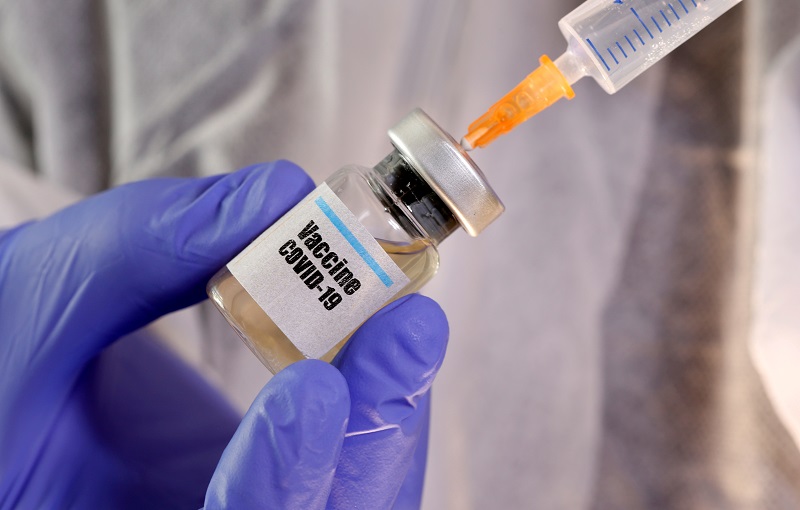New Delhi,June 28:
A study of the spike protein of SARS-CoV-2, the virus which causes Covid-19, has indicated that current vaccines may be less effective against the Beta variant. Present on the surface of SARS-COV-2, spike proteins enable the virus to attach to and enter human cells, and all current vaccines are directed against them, it stated.
The study, published in the journal Science on June 24, used cryo-electron microscopy (cryo-EM) to compare the spike protein from the original virus found in China in 2019 with that of the Beta variant and the Alpha variant first identified in the United Kingdom. Cryo-Em is an imaging technique used to determine the biomolecular structures at near-atomic resolution.
The findings led by researchers at Boston Children’s Hospital in the United States indicate that mutations in the Beta variant, also known as B.1.351, change the shape of the spike surface at certain locations. As a result, neutralising antibodies induced by current Covid-19 vaccines are less able to bind to the Beta virus, which may allow it to evade the immune system even when people are vaccinated.
“The mutations make antibodies stimulated by the current vaccine less effective. The Beta variant is somewhat resistant to the current vaccines, and we think a booster with the new genetic sequence can be beneficial for protecting against this variant,” said Bing Chen, from the division of Molecular Medicine at Boston Children’s.
The researchers also found that mutations in the Beta variant make the spike less effective and thus this variant is less transmissible than the Alpha variant. However, testing indicated that antibodies obtained by existing vaccines can still neutralise this variant, according to the researchers.
The research team is now analysing the structures of other variants of concern, including the Delta variant (B.1.617.2), first identified in India.




